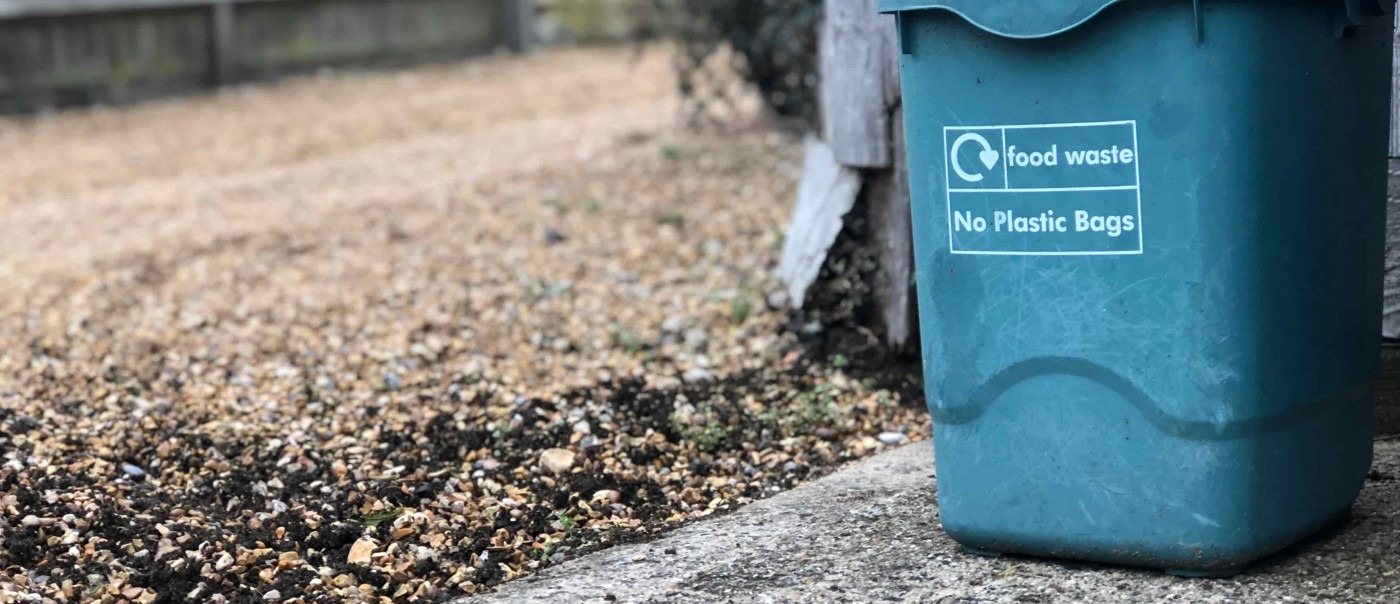Mindful munching: tackling food waste as students
It’s almost a cliché, students leaving food to rot to a toxic degree in dark rented kitchens, and it exists for a reason – we’ve all left something to go very bad, and had to throw it in the bin. Food waste is a major problem, with over one-third of food produced globally going to waste. And there are major climate issues as a result – if food waste was a country, it would be the third largest emitter of greenhouse gases, as a combination of the waste, the water, the resources necessary for providing food and all the shipping. As food waste is a big contributor to greenhouse gas emissions, not to mention an unnecessary hit on our stretched budgets, what can we students do to reduce our food waste?
Perhaps the most immediate, obvious solution to cutting down on food waste is simply not to produce as much of it. We’ve all headed to the supermarket, some vague idea of what we want to buy in our minds, and then come home with more than we’re going to be able to eat before it goes off. But to cut down on waste, think ahead about what you actually need, and what you’re actually going to use. For some people, that involves planning out your meals – if you’re going to be on campus all week, make something bulky and then portion it out. For some, it involves writing a list and then having the willpower to stick to it. If you cut down this way, you’ll waste less food and save money in the process.
If food waste was a country, it would be the third largest emitter of greenhouse gases
Keep your eye on the dates on your food, and try not to purchase food that you’re unlikely to eat – this is particularly the case with fruit and veg, which perishes quickly and may be sold in quantities that you won’t get through. One approach may be speaking with your flatmates or friends, splitting the cost of certain foods. This is a sensible plan for things like spices, salt, flour, and other things you’ll use infrequently – buy them as a house, rather than having eight of each in the cupboard. There’s also the familiar refrain about knowing the difference between ‘use by’ and ‘best before’ dates – don’t immediately toss something in the bin if the ‘best before’ date has passed.
Of course, it is inevitable that waste will be produced – that’s the nature of food production and consumption. The question, then, is what you do with it. If it’s simply a matter of now being able to finish a meal, you can normally freeze it for later or use the leftovers as an ingredient in another meal (if you’ve got lots of veg left, check out a bubble and squeak recipe or turn it into soap). Much food waste can be composted, giving the nutrients back to the soil – you might even be able to grow some food of your own in the process. My mother is convinced that you can use broken eggshells as a natural slug repellent, but I’m yet to be convinced on that front.
Of course, it is inevitable that waste will be produced – that’s the nature of food production and consumption. The question, then, is what you do with it
There are also ways to cut down on waste in the wider picture – things you can do that will help elsewhere in the food chain. Using less water is one example – water resources go into food, and reducing waste saves those resources, rather than sending them to the scrap heap. Protect the soil and water food is grown with by separating potentially hazardous household waste from your normal rubbish – we’re talking things like batteries, medicine, ink cartridges and old electrics. If you’re a fish fan, opt for more abundant species, such as mackerel or herring, over those species at risk of being overfished, such as cod or tuna.
Cutting down on food waste is one of those things that’s good for both us and the planet, and it’s a change that is relatively easy to make. Give it a go – your wallet, and the planet, will thank you.

Comments